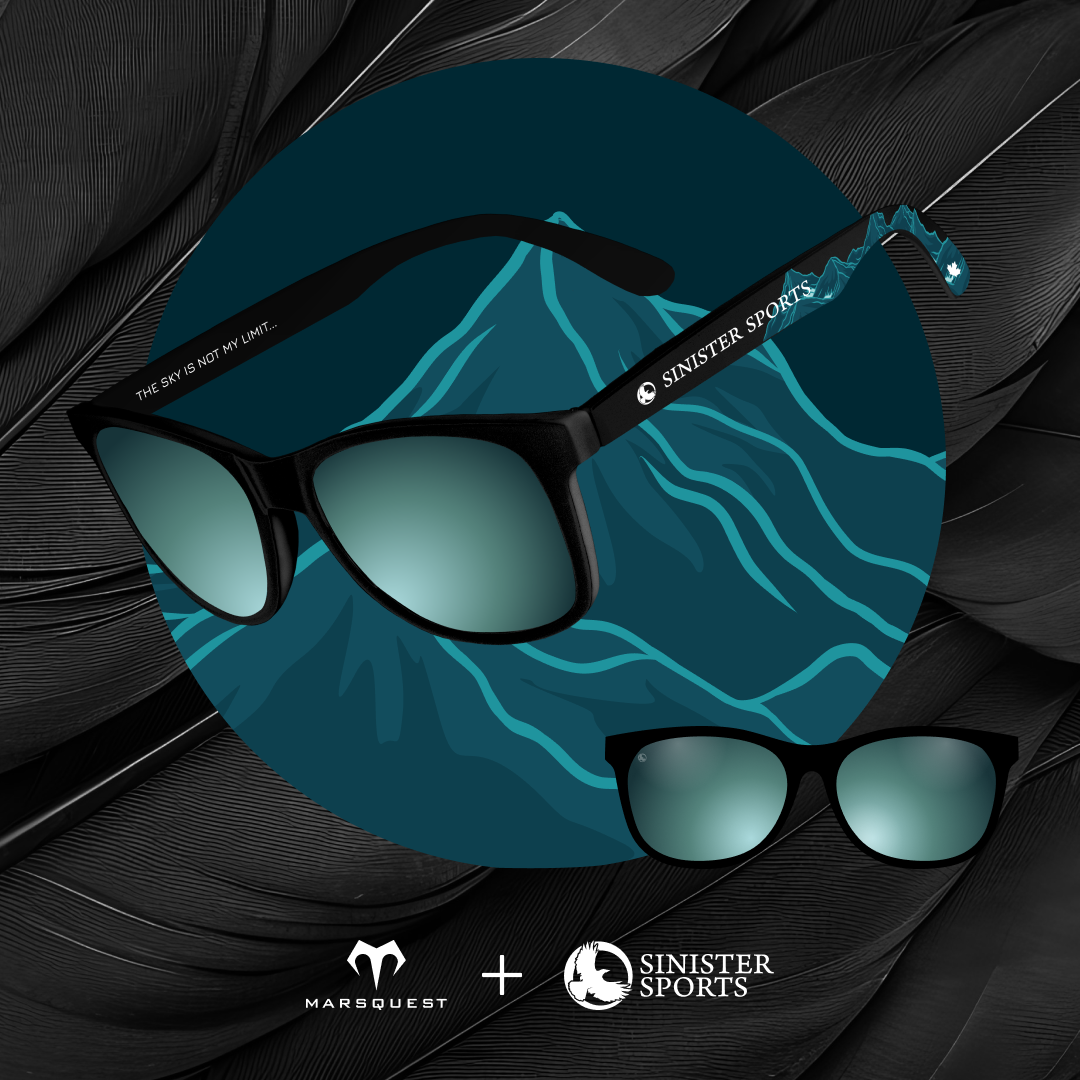
Be sure to check out the Volunteer Schedule and Volunteer Documents. You can also find your location by name.
Volunteering is great – it’s how many people get into the sport. You’ll have the opportunity to meet some good people and see some amazing scenery, especially if you go to a remote Checkpoint (CP). The foremost priority that a volunteer has to be concerned with is safety – both yours and the racers. We also want you to have a lot of fun!
We try and make the experience as simple as possible for volunteers but do expect to bring most of your own food and gear. Depending on what your role is, you may need to be comfortable in the wild. Even if you are going to be at a front-country post, you should still have some basic camping gear.
If you are able to help out setting up the host site on Friday before the race, it would be appreciated. There is a Volunteer meeting at approximately 7:30pm on Friday. This allows us to brief you on your assignments for the next day. If you cannot be there on Friday, please let us know well in advance. Also, if you must leave before Sunday, we need to know ahead of time. We never send volunteers out alone so, if you come by yourself, you will be paired with someone. After you have your assignment, you may be required to head out straight away. We’ll try and only have you at two locations during the race so this limits the amount of driving and moving around but this is dependant on how many volunteers we have. Please join us for the racer welcome dinner on Friday night as well as the awards dinner on Sunday.
There are many roles that volunteers play and here are some of the things you may be doing, depending on what you sign up for:
Pre-Registration & Registration: We can always use help getting the arena set up and stuffing racer bags. This is a rather social activity. Registration runs most of the day on Friday and with 1,800 racers coming we can use as much help as we have available. This is pretty straightforward work - just signing people in and helping keep the flow going.
Checkpoint (CP)/Transition Area (TA): Most volunteers work at an aid station or transition where your role is to set up tents and tables, keep the water flowing and assist the race directors to make the event run smoothly. This is actually a lot more laid back than it sounds! A big part of it is handing out food. At each TA there will be a site coordinator who directs everyone into the jobs that need to be done. At CPs it's just you and the other volunteers.
Timing: We now use an electronic timing system at TAs but it is important to monitor the racers as they are coming in. Volunteers on the timing stations will check off racers as they come through. At CPs, volunteers should write down the time the racers passed on the sheets provided. This is mainly so we know where to start looking if a racer becomes lost!
Communications: Some of you will receive a two-way radio when you sign in, which will be how you stay in touch. As radios are on a public channel, it is expected that anyone using them be polite and professional. Every volunteer location should have at least one radio, but not necessarily each volunteer. Also try and keep off the radio as much as possible. We all use the same frequency and if you are talking, nobody else can. This can be a big problem in an emergency.
Medical: We hire a crew of professional medics to oversee safety and EMS at the event. That said, if you have outstanding medical skills, let us know and we can try to partner you up with these folks. In general it is helpful to have volunteers around the course that know First Aid.
Driving: When you sign in you will receive a list of instructions for your assignment and a map of how to get there. We try and give you a lot of time to reach the location before the teams. You will be moving at odd times during the race, which means you should be prepared to drive at night. You don’t require 4x4 vehicles unless otherwise stated. You will be driving primarily on dirt roads, which can be messy when it rains. Big RVs and trailers may have a hard time maneuvering, depending on your location. In some spots they are fine and actually a great idea. Just ask!
Cooking / Sleeping / Camping: Some checkpoints are remote. This means there are sometimes no services. If you are at a remote site overnight, you can camp! Please keep your campsite simple; in some cases there is not a lot of room. Only start fires in an appropriate area and only if it is allowed by the site rules.
Racer Protocol: Racers are expected to follow the rules at all times. If you seem something that doesn’t seem right, let us know. If a racer asks you to interpret the rules or make a judgment call, please contact Race Administration and we will do it. If a racer becomes abusive in any way, report it; this is not acceptable and they will be pulled from the race.
Medical Emergencies: Volunteers are not expected to treat any injuries although they are allowed to help with minor problems such as bites, blisters and scratches. Anything beyond that really needs to be looked at by our Medical Crew who will be stationed around the course. If any racer doesn’t look well (delirious, dehydrated or somehow broken), please do contact our staff. The racer won’t be disqualified for receiving medical aid but we need to ensure they aren’t pushing themselves into a bad situation. If you do have first aid or medical experience, let us know!
Stuff to Bring: Make sure you also have enough gear to keep yourself comfortable during the race. You will be camping in the mountains and it can get pretty cold at night. There can also be blistering heat during the day. Suggested gear:
Don't be afraid to ask questions – we want your experience to be rewarding and fun.
©2020-2025 Sinister Sports Inc. All Rights Reserved.












